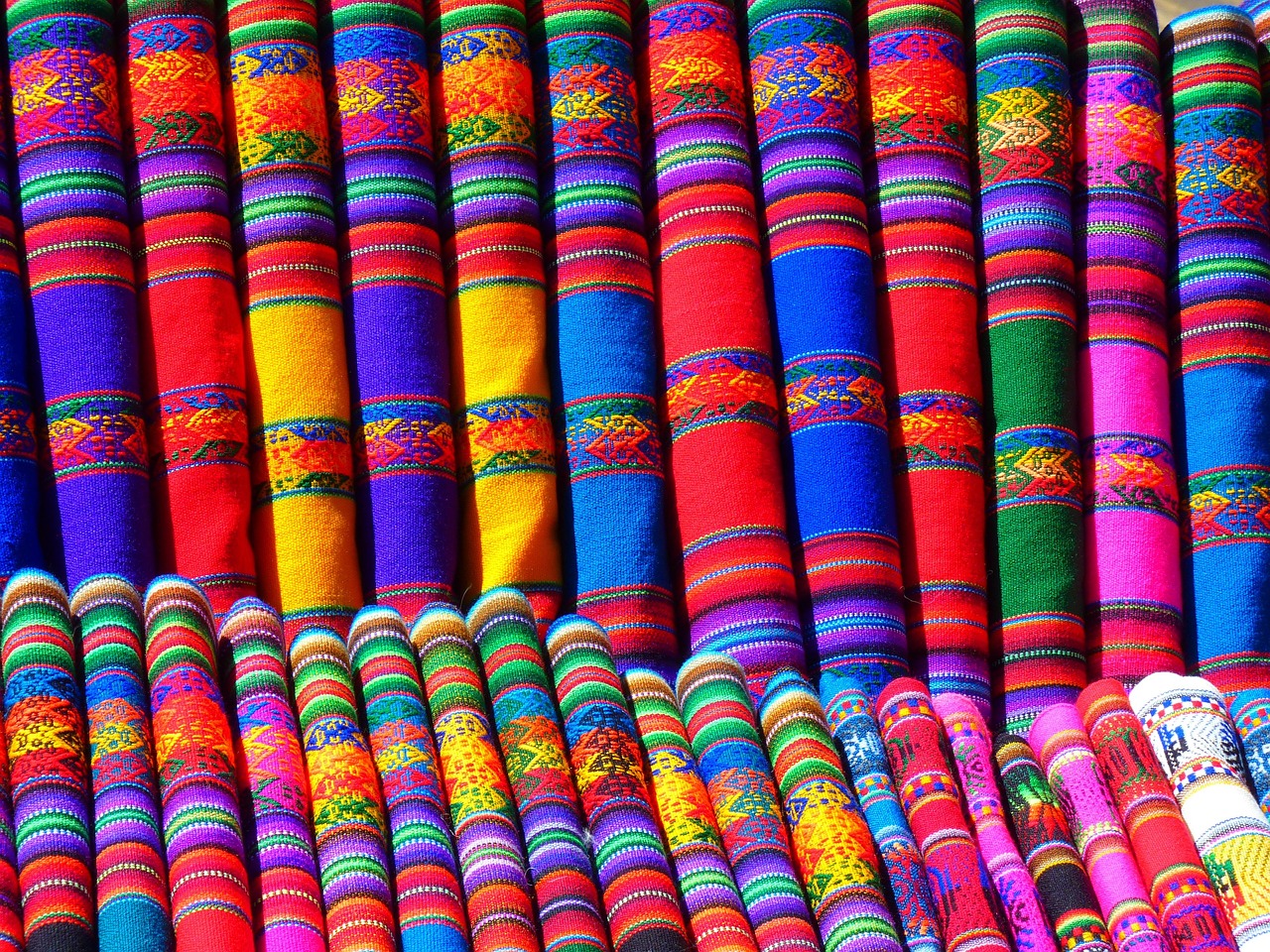
The Impact of Globalization on India’s Democratic Fabric
Examining the interplay of global forces and democratic evolution in the world’s largest democracy.
Introduction
Globalization, the process of increasing interdependence among nations through trade, communication, and cultural exchange, has profoundly influenced India’s socio-political landscape. While it has fueled economic growth and modernized governance, it has also posed challenges to India’s democratic principles. This article delves into how globalization has shaped India’s democratic fabric, both positively and negatively, while exploring pathways to maintain democratic resilience in a globalized era.
The Positive Influence of Globalization on Indian Democracy
1. Strengthening Economic Foundations
Globalization has transformed India into one of the fastest-growing economies in the world. Economic liberalization in 1991 opened India to foreign investments, increasing job opportunities and improving living standards.
- Impact on Democracy:
- Economic empowerment has enabled citizens to participate more actively in democratic processes.
- Higher literacy rates and access to technology have enhanced political awareness.
(Source: Reserve Bank of India)
2. Democratization of Technology and Information
The internet and global connectivity have allowed Indians to access diverse perspectives, fostering informed public discourse.
- Key Statistics:
- India has over 800 million internet users, making it one of the largest online populations globally.
- Social media platforms have become critical tools for citizen engagement and activism.
(Source: Internet and Mobile Association of India (IAMAI))
3. Promoting Inclusivity and Pluralism
Globalization has exposed India to global norms on human rights, gender equality, and inclusivity, strengthening democratic values.
- Initiatives like Beti Bachao Beti Padhao and international collaborations on gender equality reflect this influence.
(Source: Ministry of Women and Child Development)
Challenges Posed by Globalization to India’s Democracy
1. Economic Inequality
While globalization has created wealth, it has also widened the economic divide. The concentration of wealth among a few undermines equitable representation in democratic processes.
- Evidence:
- The top 1% of Indians hold over 40% of the country’s wealth, leading to disparities in political influence.
(Source: Oxfam India)
2. Cultural Homogenization
The influx of global media and consumer culture has sometimes overshadowed traditional Indian values, sparking debates about cultural erosion.
- Impact on Democracy:
- Local issues and identities may be marginalized in favor of globally dominant narratives.
3. Influence of Global Corporations
The increasing role of multinational corporations (MNCs) in India’s economy raises concerns about policy decisions being swayed by global business interests.
- Example:
- Policies favoring foreign investments in sectors like e-commerce have faced criticism for sidelining small-scale Indian enterprises.
(Source: Ministry of Commerce and Industry)
4. Misinformation and Digital Manipulation
Globalization’s digital dimension has enabled the rapid spread of misinformation, affecting electoral processes and polarizing public opinion.
- Recent Trends:
- Reports of social media being used to influence voter behavior highlight the vulnerabilities of a globalized information ecosystem.
(Source: Election Commission of India)
Balancing Globalization with Democratic Integrity
1. Strengthening Institutions
Robust democratic institutions are essential to mediate the influence of globalization while safeguarding national interests.
- Steps Taken:
- The Election Commission’s measures to regulate campaign financing and monitor social media activity during elections.
2. Inclusive Economic Policies
Ensuring that globalization benefits all sections of society is key to addressing economic disparities.
- Initiatives:
- Pradhan Mantri Jan Dhan Yojana has aimed to improve financial inclusion, bringing marginalized communities into the economic mainstream.
(Source: Ministry of Finance)
3. Preserving Cultural Heritage
Promoting local cultures and traditions through globalization-friendly avenues like tourism and international partnerships can counter cultural homogenization.
- Examples:
- UNESCO’s recognition of India’s heritage sites promotes global appreciation of Indian culture.
(Source: UNESCO)
Opinionated Yet Balanced Perspective
Globalization presents both opportunities and challenges for India’s democratic fabric. While it has empowered citizens, fostered inclusivity, and modernized governance, it has also tested the resilience of democratic institutions and values. The key lies in leveraging the benefits of globalization while mitigating its adverse effects through policies that prioritize equity, cultural preservation, and institutional integrity.
Conclusion
India’s democracy, shaped by its Constitution and rich diversity, has withstood the test of globalization. By fostering inclusive policies, strengthening institutions, and embracing cultural plurality, India can navigate the challenges posed by globalization while ensuring that its democratic values remain robust. As the country continues to integrate with the global economy, maintaining a balance between openness and sovereignty will be crucial to sustaining its democratic identity.




